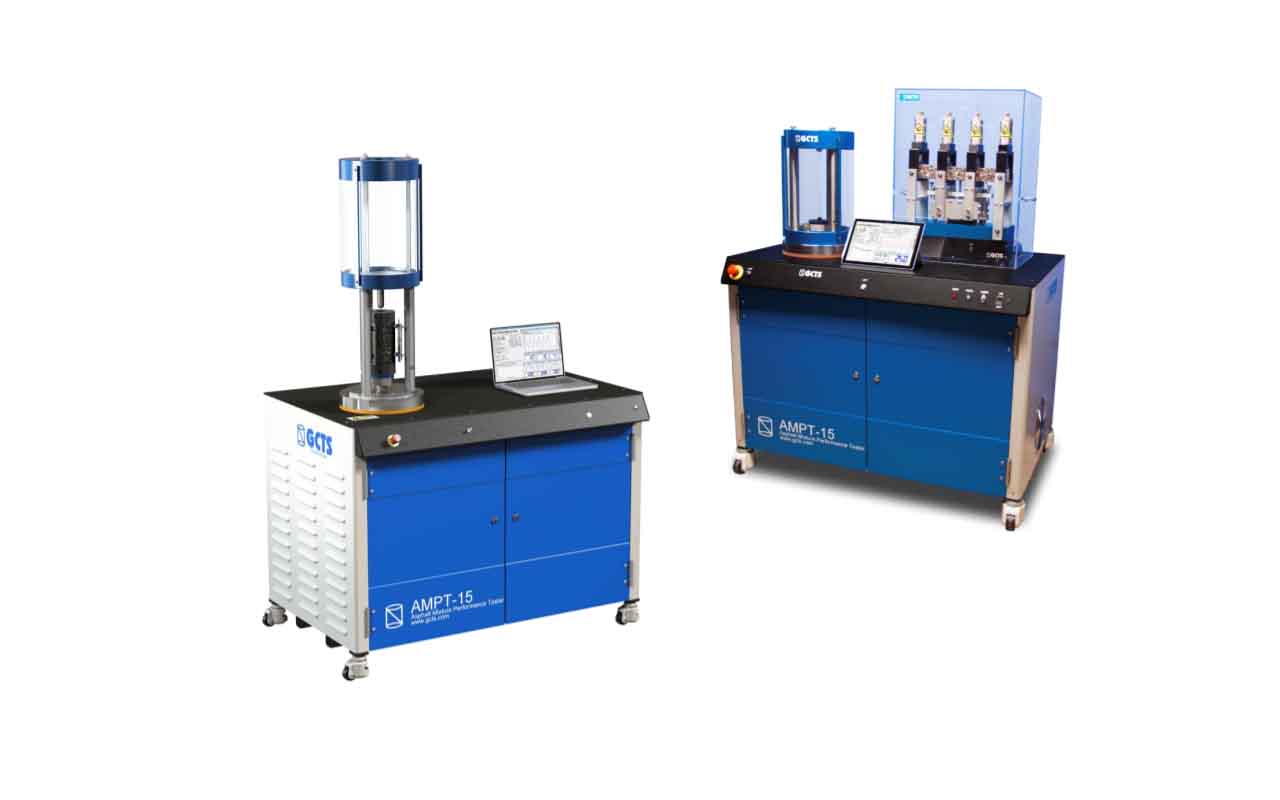Description
When it comes to ensuring the longevity and quality of roadways, the performance of asphalt mixtures is of paramount importance. The key to achieving durable and sustainable pavement lies in comprehensive testing, and an essential tool in this endeavor is the asphalt mix performance tester. In this article, we will delve into the significance of this tool in the construction and maintenance of roads and discuss how it optimizes asphalt mixtures for better performance.
Understanding Asphalt Mix Performance Testing
Asphalt mix performance testing is a rigorous process that evaluates the physical and mechanical properties of asphalt mixtures used in road construction. The goal is to determine how well a particular mixture will endure the stresses and strains placed upon it in real-world conditions. These tests involve examining crucial factors such as stability, durability, flexibility, and resistance to deformation, cracking, and moisture damage.
Significance of Asphalt Mix Performance Testing
- Durability: Durability is the linchpin of any road construction project. Without a durable asphalt mixture, roads would deteriorate rapidly under the relentless assault of traffic, weather, and time. The asphalt mix performance tester plays a pivotal role in predicting how well a mixture will withstand these challenges, thereby ensuring the road’s longevity.
- Safety: Ensuring road safety is of paramount importance. A well-tested asphalt mixture helps prevent surface defects that could lead to accidents or loss of control for drivers. By optimizing the mixture with an asphalt mix performance tester, you contribute to safer roads.
- Cost-Efficiency: A well-designed and tested asphalt mixture reduces the need for frequent repairs and maintenance, saving both time and resources. This cost-efficiency is invaluable for government agencies and construction companies alike.
How an Asphalt Mix Performance Tester Works
The asphalt mix performance tester operates by subjecting samples to controlled conditions that mimic real-world stresses. It comprises a series of tests, including:
- Marshall Stability Test: This test measures the resistance of an asphalt sample to deformation under compressive loads at a specific temperature.
- Indirect Tensile Strength Test: It assesses the tensile strength of the asphalt mixture, helping to predict its resistance to cracking.
- Moisture Sensitivity Test: This evaluates how well the asphalt mixture resists moisture damage, which is crucial for maintaining its integrity.
- Repeated Load Triaxial Test: This test measures the rutting and fatigue behavior of the asphalt mixture, essential for assessing its long-term performance.
- Freeze-Thaw Test: Particularly important in regions with harsh winters, this test checks the mixture’s resistance to damage caused by freezing and thawing cycles.
By conducting these tests, an asphalt mix performance tester provides valuable data that enables engineers and construction professionals to fine-tune the mixture for optimal performance and longevity.
Optimizing Asphalt Mixtures for Performance
Optimizing asphalt mixtures for performance involves careful consideration of various factors, including the type and gradation of aggregate materials, asphalt binder content, and additives. The data provided by the asphalt mix performance tester assists in making informed decisions in these areas.
To optimize an asphalt mixture:
- Aggregate Selection: The type, size, and gradation of aggregates have a significant impact on performance. The tester helps determine the ideal aggregate combination to enhance stability and durability.
- Binder Content: The asphalt binder content affects the mixture’s flexibility and resistance to cracking. The tester provides insights into the optimal binder content for specific applications.
- Additives: Various additives, such as polymers or fibers, can be incorporated into the mixture to improve performance. The tester helps assess the effectiveness of these additives.
- Quality Control: Regular testing during construction ensures that the asphalt mixture meets the desired performance standards. It allows for adjustments and corrections as needed.
Conclusion
In the world of road construction and maintenance, the asphalt mix performance tester stands as a crucial tool for achieving pavement durability, safety, and cost-efficiency. By subjecting asphalt mixtures to rigorous testing, engineers and construction professionals can optimize their formulations to meet the demands of real-world conditions. As we look to the future of infrastructure development, the role of this testing equipment becomes increasingly significant in creating long-lasting and sustainable road networks,






Reviews
There are no reviews yet.